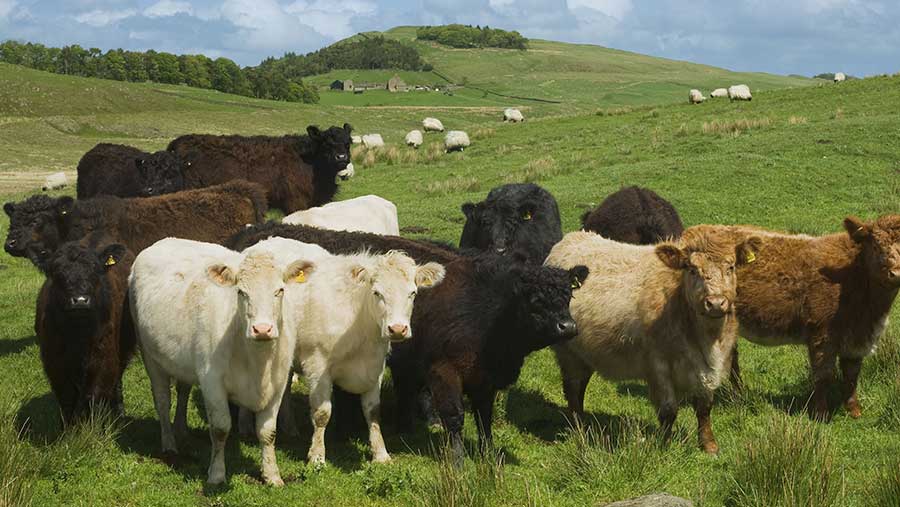Greens call for tax on meat to mitigate climate change
 © REX/Shutterstock.
© REX/Shutterstock. Value added tax (VAT) should be applied to all processed and “factory” produced meat, to cut consumption and so help reduce greenhouse gas emissions, according to a leading Green MEP.
Molly Scott Cato, MEP for the South West and Gibraltar, believes it is “time we changed our eating habits and reduced our meat consumption… if we are to keep the global temperature rise to less than 2C”.
To justify the claim, she points to a recent report from US think tank, the Institute for Agriculture and Trade Policy, which showed the top five meat and dairy companies in the world produce more greenhouse gasses than Exxon, Shell or BP. This takes into account the energy used to produce meat and the methane emissions of livestock.
See also: Red meat sales would benefit from stronger health messages
“Applying VAT on processed and factory farmed meat could also be used to subsidise healthier foods so everyone can access affordable healthy fruit and vegetables,” she said. “And it would act as an incentive to small-scale, organic farmers and hold the giant meat and dairy producers to account for their poor standards.”
But the suggestions have been dismissed by the AHDB as “a tired way to address an old issue” and one which carries “little credibility”.
“The UK remains one of the most sustainable places in the world to produce meat because of our geography and climate,” said AHDB red meat strategy director Laura Ryan.
“A significant proportion of our agricultural land is only suitable for growing grass. Grazing cattle and sheep turn this into a protein to help feed a growing human population.”
Carbon sink
Ms Ryan added that permanent pasture acted as an effective carbon sink, storing carbon which would otherwise be released into the atmosphere.
“They also add to biodiversity and help shape the countryside that is so characteristic of the UK. These points do mitigate some of the methane given off as a completely natural by-product of the rumen process.”
NFU chief livestock adviser John Royle also insisted that farmers were very aware of the impacts of climate change and took reducing greenhouse gas emissions very seriously.
“Farmers are constantly striving to be more efficient in the way we produce our high quality, traceable and affordable food,” he said. “Our forage-based systems store carbon and water, wool is being used for insulation and farmers all over the UK are diversifying into a variety of renewable energy services.”
